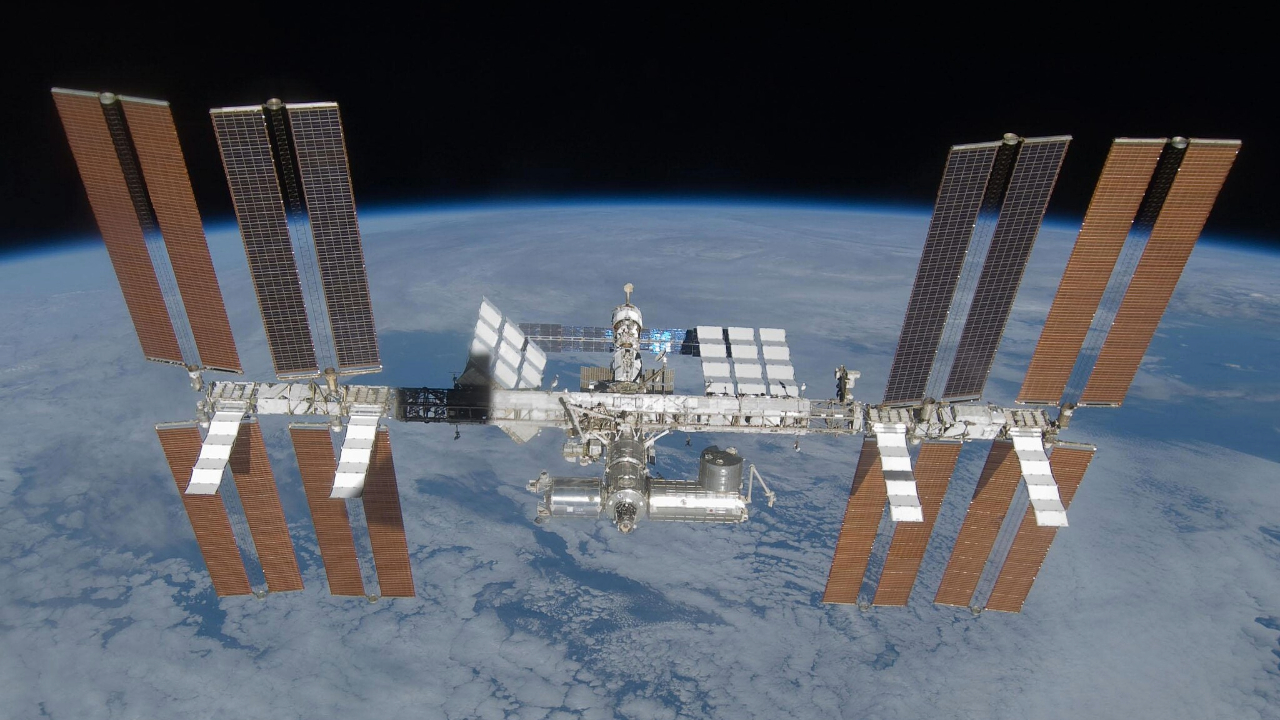After Musk's Pot Escapade, NASA Paid for SpaceX's Safety Review — But Not Boeing's

Breaking space news, the latest updates on rocket launches, skywatching events and more!
You are now subscribed
Your newsletter sign-up was successful
Want to add more newsletters?
NASA forked out $5 million to SpaceX to help the company do a mandatory investigation of employees after CEO Elon Musk smoked weed on comedian Joe Rogan's podcast last year, according to a media report. Meanwhile, NASA ordered Boeing, SpaceX's competitor, to complete the same safety review — and to foot the bill with no help from NASA.
NASA Administrator Jim Bridenstine himself had ordered both SpaceX and Boeing to complete the safety review, which included conducting employee education and making sure all federal contractors follow firm guidelines for drug use. But while the review was reported last year, the report that NASA was footing the bill for SpaceX was disclosed, in Politico, only on Wednesday (Oct. 16), after contractor records were reviewed.
SpaceX and Boeing are both vying to bring astronauts to the International Space Station on commercial spacecraft in the next year or so. Politico further reported that while NASA freely gave financial assistance to SpaceX, Boeing (which was dragged into this situation only because Musk publicly smoked some weed) did not receive any help.
Related: NASA Rehearses Astronaut Launch and Rescue with SpaceX, Boeing
Space strategist Pete Garrettson, a recently retired Air Force lieutenant colonel, told Politico that the incident brings up a few issues. "As a taxpayer, why would I pay when I don't have to?" he asked. "If I was Boeing, I also would have said, 'Why am I being punished without the same compensation?'"
In separate interviews with Politico, SpaceX and Boeing both confirmed the reports. SpaceX said it received extra NASA money to "account for additional work beyond the scope of the contract," while Boeing confirmed that it had received no extra funds.
In its own statement, NASA said it is "standard practice" to provide additional money for work specified beyond the original contract, but the agency did not explain why only SpaceX received the funds. "After discussions with Boeing … we decided we wouldn't pursue a contract modification to carry out the assessment that's underway," NASA spokesperson Joshua Finch told Politico.
Breaking space news, the latest updates on rocket launches, skywatching events and more!
Boeing did receive slightly more than SpaceX from the agency in multiple rounds of the Commercial Crew Development competition between 2010 and 2014, NASA records show. Across multiple rounds, Boeing was awarded $4.82 billion, compared with SpaceX's $3.14 billion, or a difference of roughly $1.7 billion.
- Why NASA's Annoyed About Elon Musk's Giant Rocket
- SpaceX's Starship Project Not Affecting Crew Dragon Flights for NASA, Elon Musk Says
- With SpaceX and Boeing, Commercial Crew Launches Will Boost Space Station Science
Follow Elizabeth Howell on Twitter @howellspace. Follow us on Twitter @Spacedotcom and on Facebook.

Elizabeth Howell (she/her), Ph.D., was a staff writer in the spaceflight channel between 2022 and 2024 specializing in Canadian space news. She was contributing writer for Space.com for 10 years from 2012 to 2024. Elizabeth's reporting includes multiple exclusives with the White House, leading world coverage about a lost-and-found space tomato on the International Space Station, witnessing five human spaceflight launches on two continents, flying parabolic, working inside a spacesuit, and participating in a simulated Mars mission. Her latest book, "Why Am I Taller?" (ECW Press, 2022) is co-written with astronaut Dave Williams.
